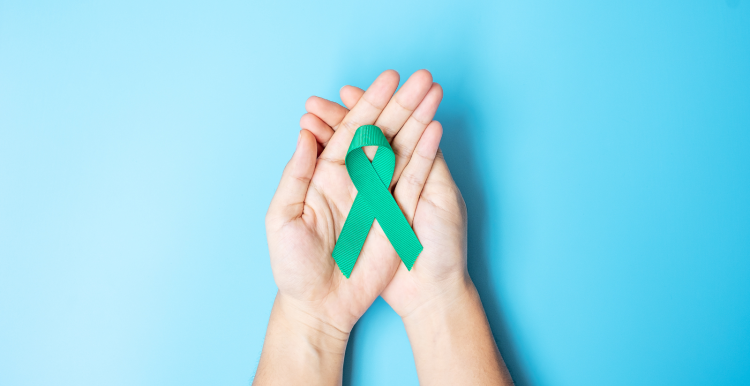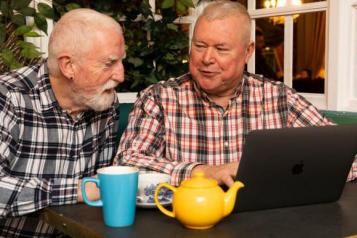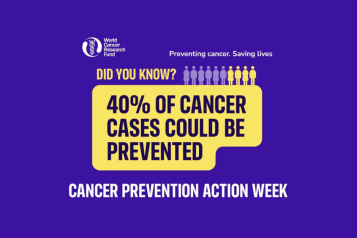Ovarian Cancer Awareness Month: What are the signs and why should I get screened?

Ovarian cancer is the UK’s sixth most common cancer, with around 7,500 cases per year.
The risk of developing ovarian cancer increases with age, with more than half of all cases in the UK in those aged 65 and over.
Anyone with ovaries can get ovarian cancer. You cannot get it if you have had surgery to remove your ovaries.
Ovarian cancer is different to cervical cancer, which can be detected through routine NHS cervical screening. Ovarian cancer cannot be detected by cervical screening, also known as a pap or smear test.
What are the signs of Ovarian Cancer?
The main four symptoms can be recognised using the BEAT system.
B is for bloating that doesn’t come and go
E is for eating difficulty and feeling full more quickly
A is for abdominal and pelvic pain you feel most days
T is for toilet changes in urination or bowel habits
These can also be symptoms of other, less serious, conditions such as irritable bowel syndrome, ovarian cysts and polycystic ovary syndrome, so if you’re experiencing them, it might not mean you have ovarian cancer.
Ovarian cancer symptoms might also include: indigestion, back pain, changes in bowel habits (going more often or a lot less), unexplained weight loss, postmenopausal vaginal bleeding, and extreme tiredness for no obvious reason.
When should I see my GP?
If your symptoms are persistent, severe, frequent or out of the ordinary make an appointment with your GP as soon as possible.
Are there any treatments?
Treatment will depend on the size and type of ovarian cancer you may have, where the cancer is, If it has spread and your general health. your GP will help and refer you to the correct service.
Where can I go for additional support?
Macmillan Cancer Information and Support Centre in Salford offers various forms of confidential support, advice and information, a telephone helpline, and lots of other services.
The Sunflower Support Group, as part of Target Ovarian Cancer, meet at The Angel Centre in Salford a few times a year. It is a support group for women who have been diagnosed with gynaecological cancer. It's a great way of meeting others within the local area who have been through similar treatment and experiences.


